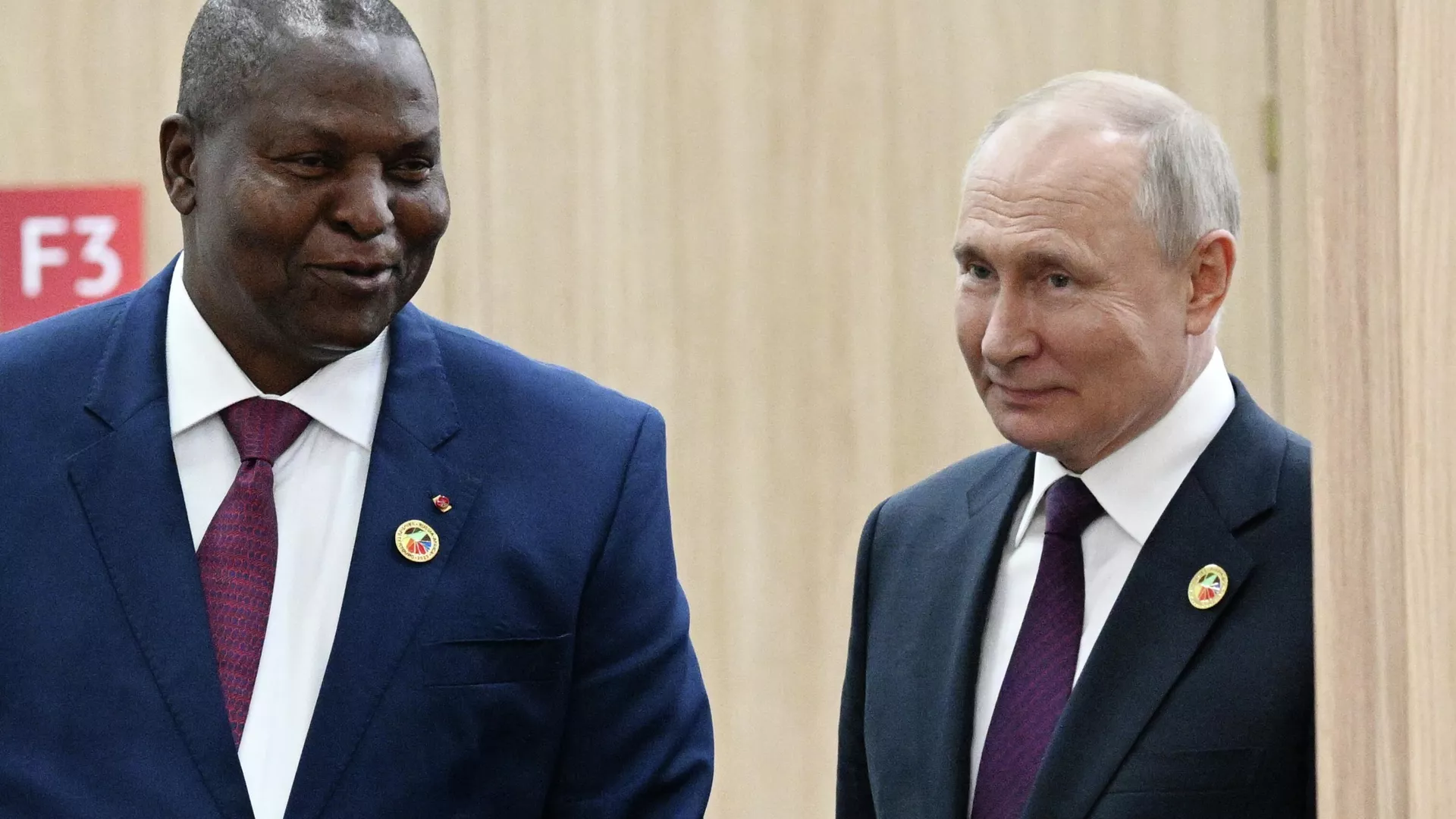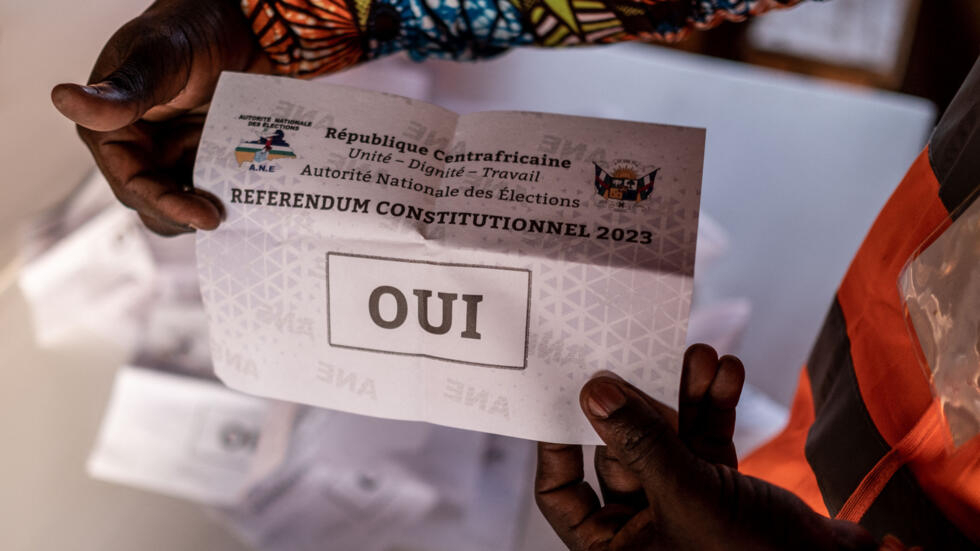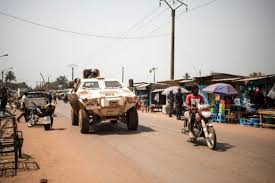Maxime Jeoffroy Eli Mokom Gawaka, an alleged militia leader in the Central African Republic (CAR), is wanted by the International Criminal Court (ICC) to face 20 counts of war crime and crime against humanity charges over allegations of atrocities committed by his self-proclaimed self-defense militias, most notably by coordinating revenge attacks against Muslims in the CAR in 2013 and 2014.
In a three-day hearing at The Hague-based ICC that started on Tuesday (22 August), war crime prosecutors are seeking to convince the ICC judges that there is sufficient evidence to prosecute the 44-year-old Mokom for his alleged role in directing murder, rape, pillaging and destruction of property as well as attacks against religious buildings, including mosques.
During the pre-trial hearing, judges heard that with the suspect’s support, Anti-Balaka militia attacks virtually drove the Muslim population out of the capital, Bangui, who then walked for weeks across the border to neighboring Chad and Cameroon, as hundreds of thousands were internally displaced and forced to endure inadequate food, shelter, and sanitation. The ex-militia leader has denied any involvement in the bloodshed a decade ago, telling judges in The Hague he was “dedicated to the search for peace.”
Mokom said he returned to the CAR in February 2014 during the height of the violence after fleeing to the neighboring Democratic Republic of Congo (DRC) to “search for peace, rather than engage in war.”
CAR, one of the vulnerable countries in the world, was plunged into bloody sectarian conflict after Seleka rebels, a coalition of armed groups mainly composed of Muslims, ousted president Francois Bozize in early 2013. In reaction to the capture of Bangui by the Selaka rebels, the Mokom-led self-proclaimed self-defense militias made up mostly of Christian and animist fighters reportedly attacked the capital city, while “creating terror within the civilian population… and using them as human shields to achieve their aims,” according to a lawyer representing victims in the case. After listening to the prosecution, the defense and the legal representatives of the victims, the ICC judges will decide if Mokom should stand trial.



